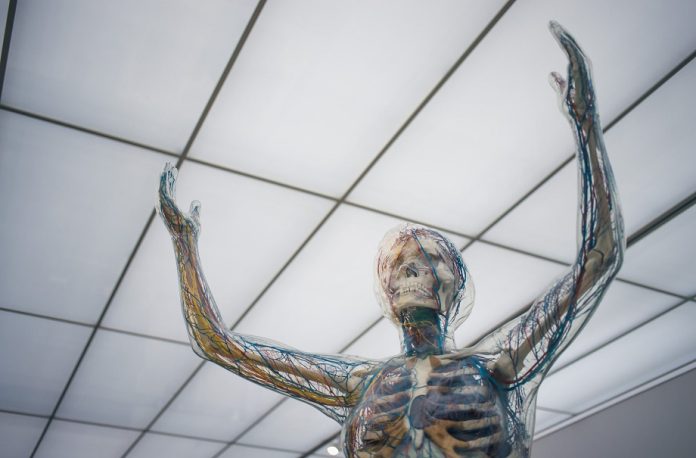There are many reasons you could be worried about your respiratory system. If you’ve had trouble breathing, you might wonder whether or not you need to see a doctor for help. So, if you have questions about where to turn for assistance or when medical care is necessary, this guide can be a jumping-off point.
Remember, however, that the best and safest way to know if you need medical help is to reach out to a professional. This article does not count as medical advice. If you’re ever having any serious issues with breathing, you should go to an urgent care or emergency room facility right away.
Who Can I See For Respiratory Problems?
The best place to start is with your family practice or general physician. They can likely assess most common respiratory-related problems, and if they can’t, they will probably refer you to a specialist, like a pulmonologist.
In some cases, you may try to reach out to a pulmonologist right away. Pulmonologists are doctors who go to school and study the respiratory system. Physicians with this specialist are considered a subsection of internal medicine providers. They complete the same courses, training, and residency. The difference is that they then complete a fellowship to learn their specialty.
Some pulmonologists also further train in specific areas such as asthma issues, while others are focused on particular groups of people like children. All pulmonologists also complete continuing education courses to stay current on the science and mediation in their field.
When Should I See A Pulmonologist Specifically?
Many people will have minor issues such as a cough or allergies occasionally. These kinds of problems are best left to more general healthcare providers or other specialists such as an ENT. But, there are some instances when you may consider reaching out to pulmonologists, such as:
- You are experiencing chest pain or tightness.
- You are wheezing.
- You have frequent bronchitis.
- You have asthma issues that aren’t under control.
- You have a hard time breathing, including during exercise.
Overall, the best thing to do is be cautious. If you are concerned with any breathing problems, seeing a doctor for help is necessary. Pulmonologists treat many common issues with the lungs, but they can also help assess rare conditions that your primary care physician hasn’t trained in.
How Can I Find A Pulmonologist Near Me?
There are two main ways to find well-regarded pulmonologists around you. The first, as mentioned above, is to talk to your current doctor. While they might not be specialists in the lungs and respiratory system, they do know other providers in the area. They are there to help diagnose problems and point you in the right direction if they can’t help you further.
The other option is to reach out to your insurance company. They can help you find providers that are in your network. This step is essential even if you’ve gotten a referral from your doctor. You want to ensure ahead of time that the care you receive will be covered by your insurance ahead of time so that you don’t end up surprised with the bill.
Respiratory Problems Can Be Serious
Even more common respiratory issues like asthma are potentially life-threatening if they aren’t treated and appropriately managed. If you are experiencing any respiratory symptoms that cause you concern, don’t wait. The first stop should be an immediate assessment at an emergency care facility near you. It’s always better to be safe than sorry, so even if you think you will be okay, don’t feel embarrassed about seeing a healthcare professional.


